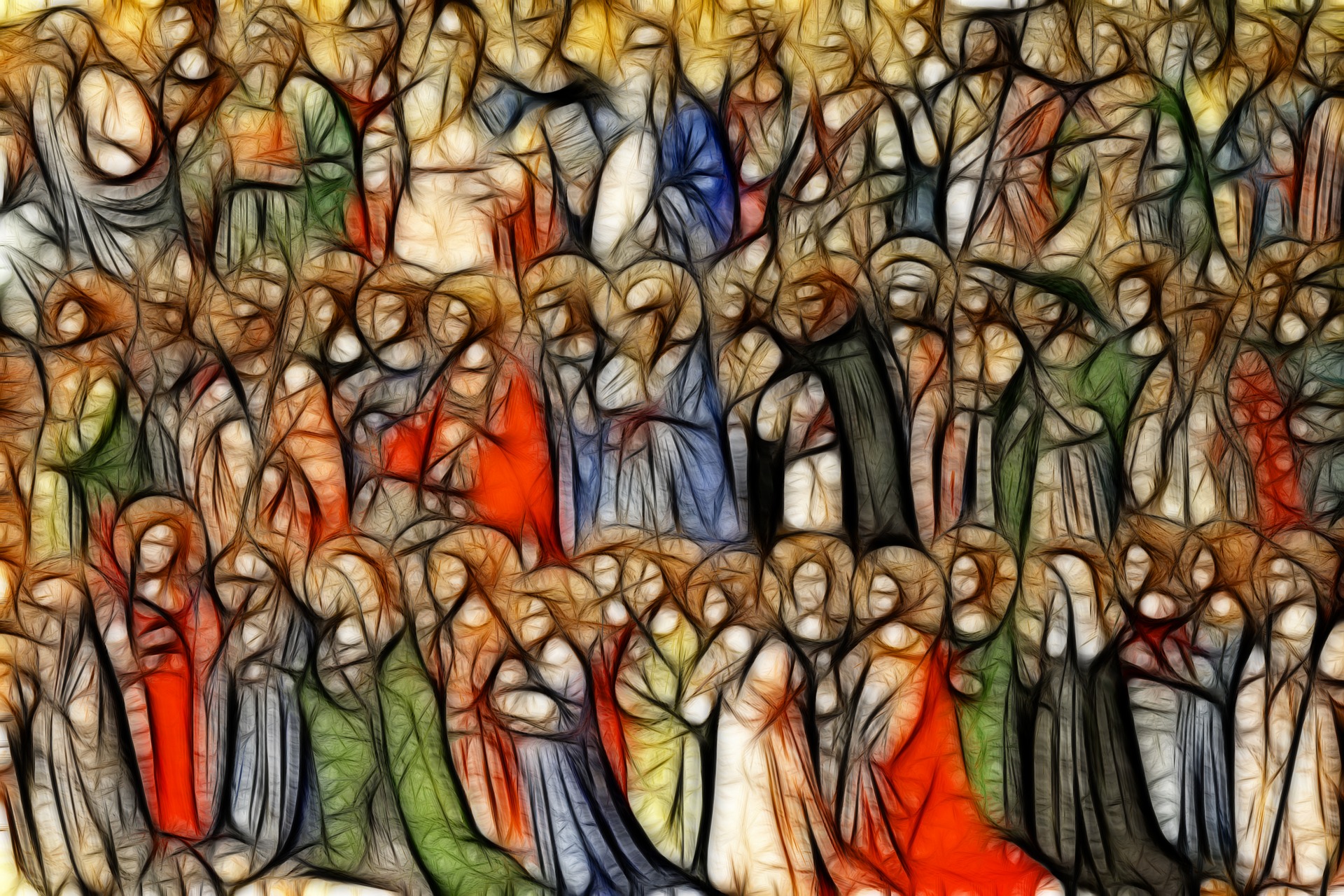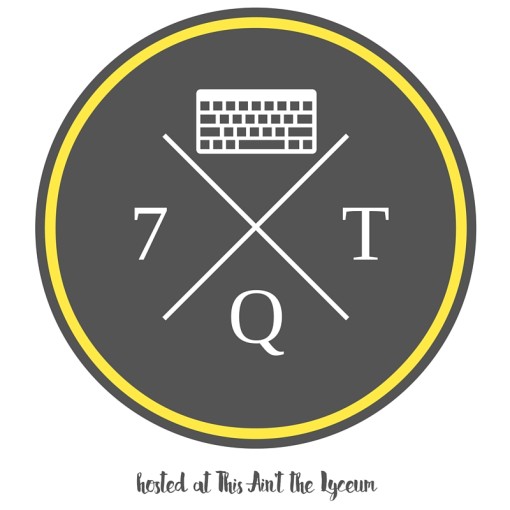
#7QT: 7 great saints to know for neurological problems
Catholicism is awash with patron saints for anything and everything. Because the saints are living in heaven, so close to God’s throne, we ask them to pray for us — to pass our message along and lend their considerable weight to it. It is similar to the way non-Catholics might ask a close friend down the street to pray for a particular need. We don’t do it because we think the friend can do anything to directly fulfill that need, but because she adds to the chorus of voices asking on our behalf!
Particular saints are known to favor particular causes, just as our friends might have one kind of spiritual gift, but not others. Here are some good folks to ask for help with various neurological and mental disorders.

All you holy men and women, pray for us!
EPILEPSY
Epilepsy has been recognized since pre-biblical times (though back then most people assumed it was demonic possession… so, even though there is still a lot we don’t know about brains, seizures, and neurological impairment, I guess we humans have made a little progress since then). Given its long history, it’s no surprise that epilepsy has as many as 40 patron saints. But chief among them:
1. St. Valentine, a physician martyred in the third century in Rome, is the “official” patron saint of epilepsy. Many think this link began due to the similarity between Valentine’s name and the German word “fallen,” which means “fall,” a common occurrence during seizures.
ALZHEIMER’S AND DEMENTIA
2. St. Albert the Great was an incredibly learned and accomplished man, a Doctor of the Church known for his vast wisdom and extensive writings. However, in his later years he suffered from an acute mental decline, which may have been due to either Alzheimer’s or dementia. He is an important friend for the elderly who are unable to continue the mental pursuits they once enjoyed.
CEREBRAL PALSY AND MOVEMENT DISORDERS
3. St. Servulus of Rome was unable to stand, walk, feed himself, or even turn over in his bed. St. Gregory the Great described how St. Servulus refused to pity himself or let his paralysis hinder him in meditating on the goodness of God; he asked those who visited him to read Scripture, which he memorized to aid himself in prayer.
AUTISM SPECTRUM
4. St. Thorlak was hyperfocused on prayer and had difficult social interactions; his cause to be named as patron saint of autism is in progress. While his mannerisms could be off-putting, he loved God with a single-mindedness unattainable by many, and he is a great example of the depths and intensity of love people with autism are capable of.
LEARNING DISABILITIES
5. St. Joseph of Cupertino had emotional outbursts, sensory issues, and absent-mindedness — all classic hallmarks of ADHD and learning disorders today. Even though he was so simple minded that he struggled to learn and often forgot to complete simple everyday tasks — like feeding himself — he was loved for his piety and humility.
EMOTIONAL DISABILITIES
6. Blessed Leonie Martin is one of the older sisters of St. Therese of Lisieux. By all accounts, she had an extremely difficult childhood, prone to immense tantrums and slow to learn. Her mother (St. Zelie Martin) often wrote that she despaired for Leonie’s future. After three failed attempts to enter religious life, she persevered and was finally able to make her vows; her cause for canonization is progressing!
NEUROLOGICAL DISORDERS AND MENTAL ILLNESS
7. St. Dymphna, who was beheaded by her mentally ill father when she refused to marry him after her mother’s death, is the patron saint of neurological and mental illness in general. She is the patroness of all neurological disorders, so if your specific need isn’t covered above, St. Dymphna still has your back!
The town of Geel in Belgium, where St. Dymphna was martyred almost 1,000 years ago, has an amazing charism today: residents of the town regularly care for the mentally ill in their own homes as boarders. You can read about it here or listen to this excellent Invisibilia podcast episode, which goes into great detail about the town and its history of compassion, which traces its roots directly back to St. Dymphna’s story.
Visit Kelly for more Seven Quick Takes.


Thank you for the background in the above mentioned saints! Very interesting.
Thanks for reading!
Thank you for this list! I happen to need the intercession of one of them. God bless.
I’m happy to have made the introduction for you! I will pray for your intentions. <3
My son has had a head injury, he is an architect, has been sick 2yrs, it trip on him and will be down for 3to4days. Lost his job.Needs to get strong again. Hoping this will help him thankyou.
Thank you so much. It will be a great help and consolation to have another intercessor. I am looking forward to sharing this information with others too. God bless you and your loved ones with many graces. ✝️🙏
Prayers for all victims of brain disorders
Bl. Leonie Martin was learning disabled. She had dyslexia (spoke of the words “dancing around on the page”, a classic symptom) and no understanding of how basic arithmetic worked. Also she was controlled and abused by one of the servants; her parents were completely unaware until she was 12, when Pauline finally told their mother. The servant told Leonie to obey only her, or be beaten.
Thank you so much for the information on the Saints. My 10 year old niece’s brain is extending thru the bottom of her skull. She is in great pain plus other symptoms. We desperately need the Saints’ help.
Please pray for my poor nephew; he is dealing with seizures, ADHD, anxiety and a whole lot more. I pray for St Dymphnas help
My husbandDavid,has been ill with head pain and now is losing ability to walk for 8 years and doctors cannot find the problem. He is going today, 1/31/25 for another MRI of the brain. I pray that this time the doctors can see what the cause is!
Thank you!
Thank you for your information on St. Dymphna. I have cerebellar ataxia and clinical depression, so she sounds like she might be a patron saint for me, although I do wish she had a prettier name. I will pray to her for strength and the ability to accept. To make a radical change in my condition, I definitely would ned a miracle. I will also pray for the other folks who have left comments – they all seem to have bigger problems than I have. Thank you. Valerie